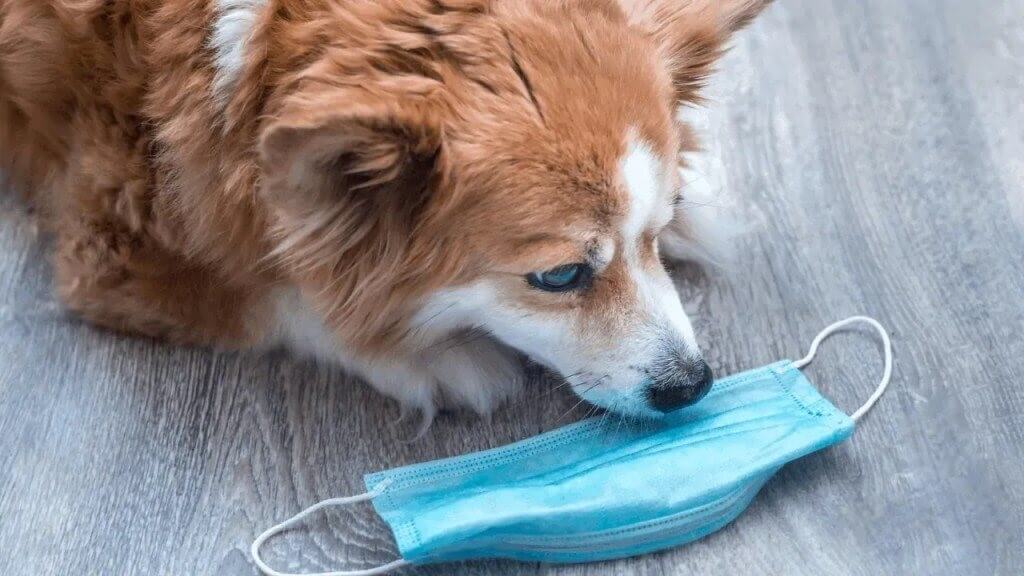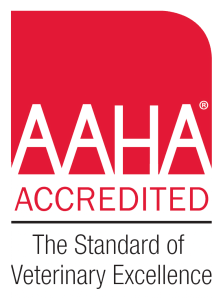What’s the latest on COVID-19 and Pets?
While mostly spread from person to person, it can also spread from people to animals.
COVID-19 is a type of coronavirus. Coronaviruses are a family of viruses; some cause cold-like illnesses in people and others cause illness in animals. While the specific source of origin isn’t known, the virus that causes COVID-19 is believed to have started in bats, spread to humans, and spread between people.
Coronavirus in dogs and cats
According to the U.S. Centers for Disease Control and Prevention, a few pets — including cats and dogs — Have also been infected with the virus that causes COVID-19. This happened mostly after the animals were in close contact with people infected with the COVID-19 virus.
Based on the limited available information, the risk of animals spreading the COVID-19 virus to people is considered low. Animals don’t appear to play a significant role in spreading the virus that causes COVID-19. There is no evidence that viruses can spread to people or other animals from a pet’s skin, fur, or hair.
However, keep in mind that young children, people who are immunocompromised, and people age 65 and older are more likely to get sick from some other germs that animals can carry.
To protect your pet from the COVID-19 virus, don’t let your dog or cat interact with people or animals outside your household. For example:
- Avoid dog parks or public places where many people and dogs gather.
- When walking your dog, make sure your dog wears a leash and keep your dog at least 6 feet (2 meters) from other people and animals.
- Keep cats indoors when possible.
What to do if you become sick with COVID-19 and have a pet
- Isolate yourself from everyone else, including your pet. If possible, have another person in your household care for your pet.
- Avoid petting, snuggling, being kissed or licked, and sharing food or bedding with your pet.
- If you care for your pet or are around animals while you’re sick, wear a cloth face covering. Wash your hands before and after handling animals and their food, waste, and supplies. Also, make sure you clean up after your pet.
If you have COVID-19 and your pet becomes sick, please contact us at the hospital. We will have a veterinarian review the pets’ medical record. It may be appropriate to offer advice through a virtual visit or make another plan for treating your pet. Testing for COVID -19 in pets is only recommended for pets with symptoms and have been exposed to a person with COVID-19.
Routine testing for animals is not recommended. However, if your pet tests positive for the virus that causes COVID-19, follow the same precautions you would if a family member became infected. Aim to isolate your pet in a separate room away from the rest of your family and have your pet stay at home. Wear gloves when you interact with your pet or its food, dishes, waste, or bedding. Wash your hands after touching any of your pet’s items. Don’t put a face covering on your pet, and don’t wipe your pet with disinfectants, which can be harmful. If your pet develops new symptoms or seems to be getting worse, call the veterinarian.

If your pet becomes ill, there’s reason to be hopeful. Of the small number of dogs and cats confirmed to have the virus that causes COVID-19, most don’t show any signs of illness. The pets that did become ill only experienced mild symptoms and could be cared for at home. None of them died.
There is still a lot about the relation to COVID and pets that is unknown. The One Health collaborative is working hard with doctors and veterinarians to actively investigate COVID and animals. One Health is a collaborative, multisectoral, and transdisciplinary approach—working at the local, regional, national, and global levels—with the goal of achieving optimal health outcomes recognizing the interconnection between people, animals, plants, and their shared environment. If you have questions or concerns about your pet’s health and how it can be affected by COVID-19, contact Brook-Falls Veterinary Hospital & Exotic Care, Inc.
About Brook-Falls: Brook-Falls Veterinary Hospital and Exotic Care is dedicated to providing quality care to all companion pets and exotic animals. Brook-Falls is a Menomonee Falls, WI-based full-service veterinary hospital with an extensive range of comprehensive medical, dental, diagnostic, and surgical services to meet the varying needs of all patients. Brook-Falls Veterinary also offers informational and educational media and seminars for pet owners by way of blogs, digital TV series (Expert Veterinary Television), e-books, whitepapers, infographics, and more.
For more information, contact Brook-Falls Veterinary Hospital & Exotic Care, Inc.


